
The UK's contact-tracing app will come with new features such as QR codes
“Here we are, trying to do our bit and it fails,” read one review.
Another user of the new NHS Covid-19 app wrote on Twitter: “My 79-year-old mother tried to download the test and trace app onto her iPhone 6. But she can’t. Her phone is too old…how stupid is that?”
It wasn’t the smoothest start for the roll out of the app across England and Wales on Thursday.
Just hours after its launch, NHS Covid-19 had achieved a measly score of one and a half stars out of five on the Google Play Store, and just three out of five on Apple’s App Store.
Amid growing frustration over a lack of tests and the failure of human contact tracers to tackle the virus, confidence in the government’s ability to create an effective test and trace system has slumped to an all-time low.
People transferred to the contact tracing system
The new app is meant to change all that. Based on Apple and Google’s privacy-focused software, it is the second attempt by the Department of Health and Social Care (DHSC) to develop an effective smartphone-based tool for contact tracing.
A first version, that stored some information centrally and was supposed to launch in May, was ditched after months of delays, million of pounds of investment and an unsuccessful trial on the Isle of Wight.
How effective is the new app?
The new version has been tested again on the island and in the East London neighbourhood of Newham. While it has overcome some of the technical hurdles that plagued the initial design, it still faces some major challenges. Chief among them: convincing millions of people to actually use it.
Early estimates suggested 50pc of all smartphone users, or around 30m people, will need to download the app for it to work effectively.
The Government and scientists have since trimmed those figures. Christophe Fraser, the Oxford scientist behind the original research into digital contact-tracing, says at least 15pc of the population need to be using the app to make an impact. That sort of uptake could help cut Covid deaths by 6pc, he said.
However, a study conducted in May by research firm Ogury found only two fifths of the UK population were willing to share such data with the Government, while an estimated 20pc of UK adults do not own a smartphone at all, according to the Office for National Statistics.
Have you downloaded the Government’s contact tracing app
Scotland and Northern Ireland already have their own apps, but uptake in Scotland has been fairly modest. Around 1m people have downloaded the app out of a population 5.5m. More than 300,000 have downloaded Northern Ireland’s app, from a population of 1.8m.
A feature-rich app
Will the NHS app be any different? Wolfgang Emmerich, the CEO of a little known Anglo-Swiss start-up called Zühlke Engineering, who helped design the app as part of a £3.8m contract, claims it is the “most feature-rich app in the world.”
“I can’t tell you that we could have done it any faster,” Emmerich says. “We don’t build medical devices in a matter of weeks. It normally takes years, and we did not want to launch a buggy app.”
“We have the benefit of learning from what other countries experienced,” says Emmerich, with the app including what he calls “me features” to get extra downloads.
These features, the Government’s scientists believe, will be key for keeping people engaged. Its central feature is Bluetooth contact tracing, which can alert users when they come into close contact with someone who also has the app and reports a coronavirus infection.

The app will give red, amber and green alerts to tell users if there is a risk of cases in their area
Credit: Getty
Users upload their test result and the app then warns anyone else using the technology that they came within 2m for a set amount of time. This is anonymous, so strangers can be warned without ever knowing the identity of the person who put them at risk.
But it also has features to encourage more downloads. One is QR code scanning. QR codes are barcodes that can be scanned to access an internet link. The app will be able to scan Government QR codes that are now mandatory in restaurants and pubs. People will use this feature to “check-in” when they visit a pub, restaurant or other public venue.
Barriers to using the NHS Covid-19 app
Critics say the QR codes risk alienating the elderly who may struggle to understand how the system works. One ONS study found just 4pc of UK mobile users had scanned a QR code for mobile banking or payments, one of their most common uses.
An added complication is that the app will not work on iPhones older than the iPhone 6, which was launched in 2015.
The app needs phones running iOS 13.5 or later, with one estimate from GlobalStats suggesting as many as 20pc of UK iPhones run on older operating systems. Android phones older than 2017 may also struggle to download the app.
An estimated 40pc of over 65s also do not own a smartphone at all.
Even for those who have a phone that is compatible and know how to use QR codes, the effectiveness of the technology and privacy concerns remain a sticking point.Apple and Google said earlier this week that they believe their Bluetooth technology is able to correctly identify around 80pc of close contacts.
And on Thursday, Health Secretary Matt Hancock denied a report that around Bluetooth’s ability to be interfered with by nearby objects meant one in three people told to self-isolate will have been given a “false positive”.
“No, nobody who gets an alert saying they should self-isolate will have not been in close contact with someone else who has the app,” the Cabinet minister said.
- Read more: How does track and trace work?
A lukewarm reception
Take-up on the Isle of Wight was reportedly around 30pc, still some way off the 50pc considered ideal. In Newham, one of Britain’s most diverse boroughs which also has a high rate of Covid infection, it was just 10pc.
Emmerich says, however, that understanding of the app was high. “The findings were it was easy and intuitive to use,” he says. “We have run focus feedback sessions and we have evidence that it is reasonable to use.”
Emmerich adds that Germany’s app, which has around 15m downloads, has successfully broken 5,000 chains of transmission. The problem is, since the data is completely anonymised, it is hard to know if these contacts self-isolated.
Despite initial scepticism after the failure of the first app, the new contact-tracing app arrives at a moment when Britain is desperate for some good news. It has also enjoyed a boost of goodwill from the scientific community.
Celebrity physicist Brian Cox wrote on Twitter on Thursday morning: “For those who have privacy concerns about the NHS Covid app, it uses Apple and Google’s API [software], not governments. If you are a conspiracy theorist and don’t trust Apple and Google, remember you have installed their OS anyway so it makes no difference!”
Michael Veale, a researcher at UCL who was fiercely critical of the UK’s first app attempt, said on the social network: “I understand mistrust that may linger — but please do try this new one.”
The original was a triple whammy of hubris: wouldn’t work abroad, wouldn’t work technologically on platforms, centralisation open for abuse and function creep.
This version has much better foundations.
I understand mistrust that may linger — but please do try this new one.
— Michael Veale (@mikarv) September 24, 2020
The app will also only truly be effective if the Government’s testing programme gets back on track. It will also require people to abide by self-isolation, trusting the app’s judgement.
Emmerich says he believes the use of QR codes and risk scores will create a “positive feedback loop”. “I am quietly optimistic we will get good adoption,” he says.
The app will not be a silver bullet for the rise in cases. But at this stage, even marginal gains to avoid a full lockdown are likely to be welcomed by the public.
- Read more: Five big remaining questions about the UK’s contact-tracing app

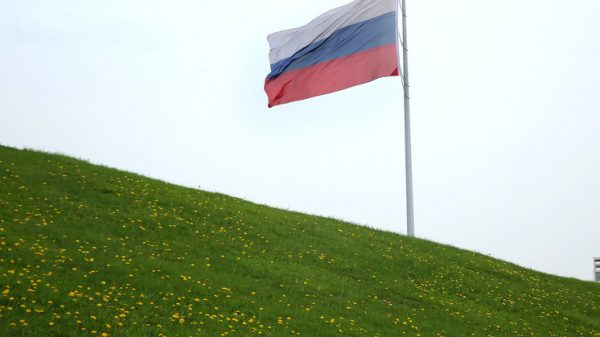
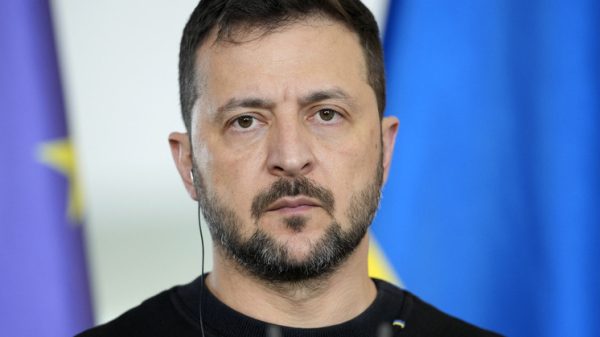

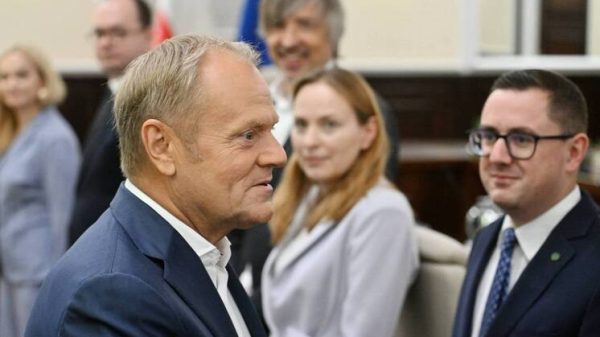


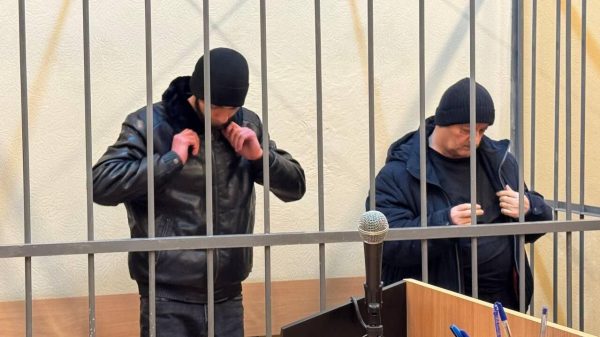


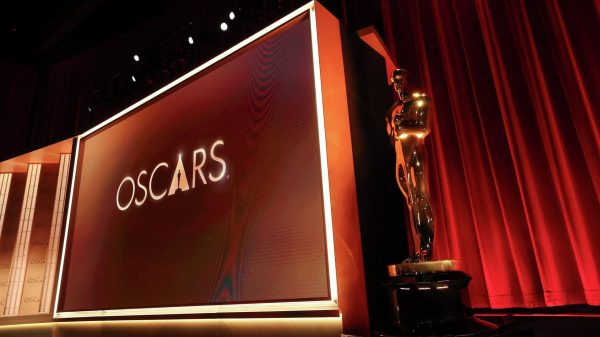









































Свежие комментарии